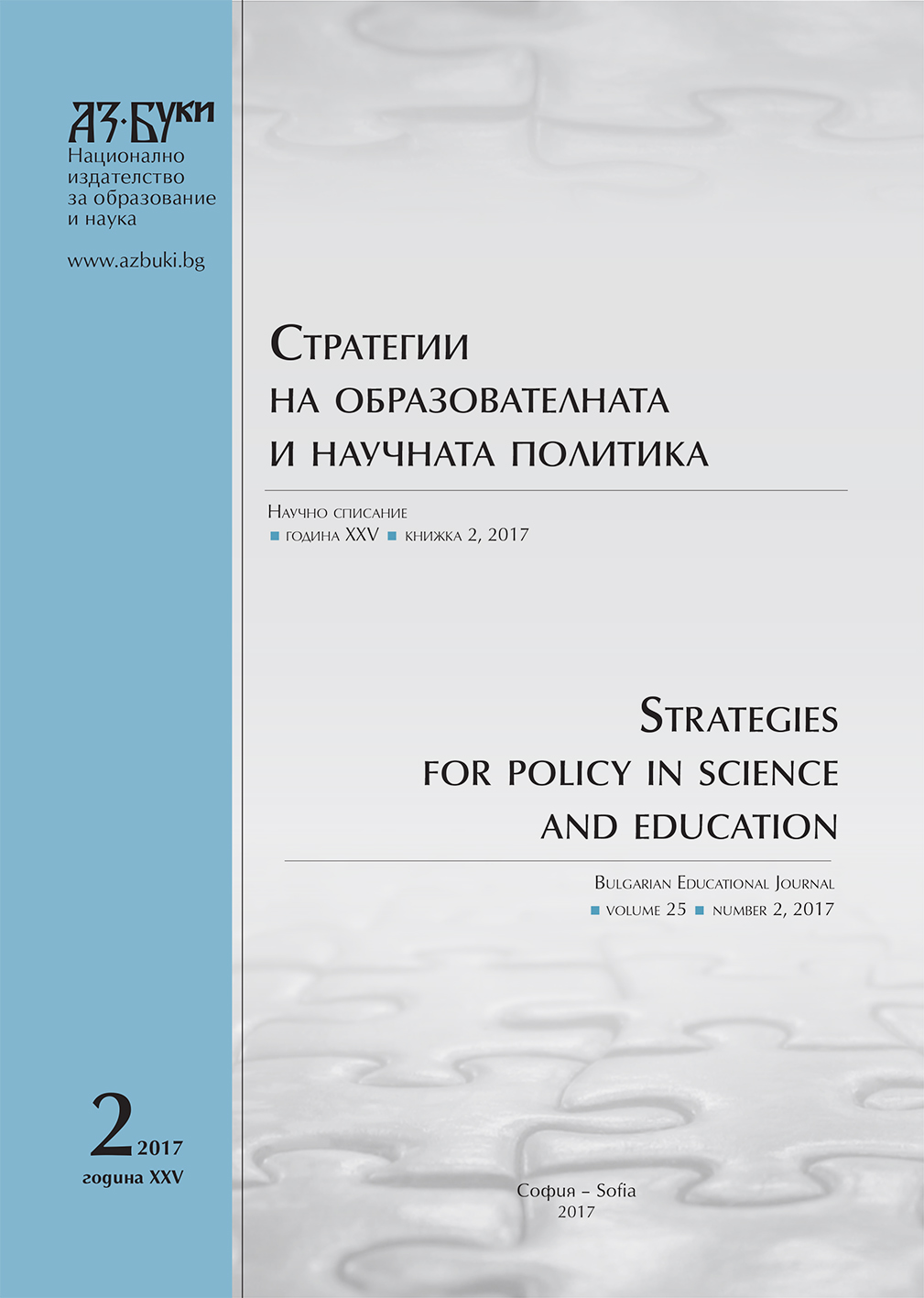„Химерните групи“ в училище и практики на наследяването: „загубата на бащата“
Chimera Groups at School and Inheritance Practices: The Absence of the Father
Author(s): Nikolay Tsankov, Veska GyuviyskaSubject(s): Social Sciences, Education, Sociology, School education, Vocational Education, Educational Psychology, State/Government and Education, Individual Psychology, Social psychology and group interaction, Applied Sociology, Social differentiation, Criminology, Studies in violence and power, Family and social welfare, Globalization, Sociology of Education
Published by: Национално издателство за образование и наука „Аз-буки“
Keywords: chimera group; sociogenesis; inheritance practices; mechanisms of power; discourse practices
Summary/Abstract: The study explores the problem of chimera groups emulating criminal groups as a new sociopedagogical reality. Regardless of the diversity of scientific suggestions on signifying these criminal groups, we use chimera group as a main concept. The reason for that is the evaluative neutrality of the concept, which is associated with deviant behavior of children and adolescents at school and with the impossibility for this group to be detected. The concept deviance is interpreted in the context of the ideas of French sociological studies as presented by Pierre Bordieu and, more specifically, through the mechanisms of “sociogenesis”, which is conceived as a duality of the biographical and the social in the life of adolescents and the formation of their identity. The “sociogenesis” of inheritance uncovers the birth of the father as a mechanism of production and reproduction of violence in the chimera group. The analysis of chimera groups at schools is strongly dependent on teachers’ social sensitivity and the expansion of pedagogical discourse.
Journal: Стратегии на образователната и научната политика
- Issue Year: 25/2017
- Issue No: 2
- Page Range: 119-136
- Page Count: 18
- Language: Bulgarian
- Content File-PDF

